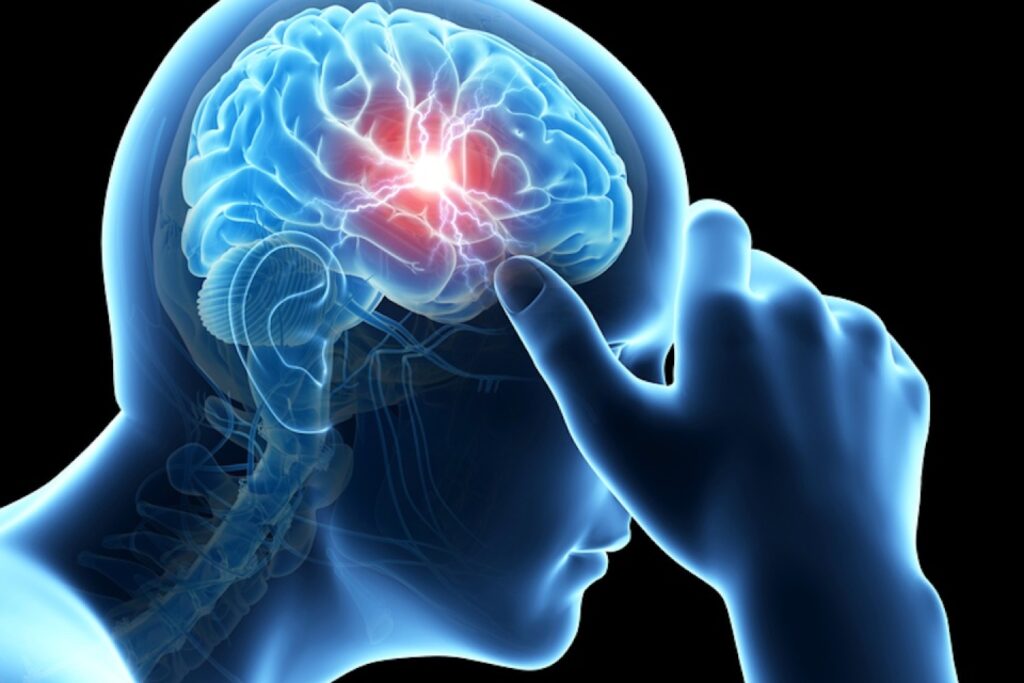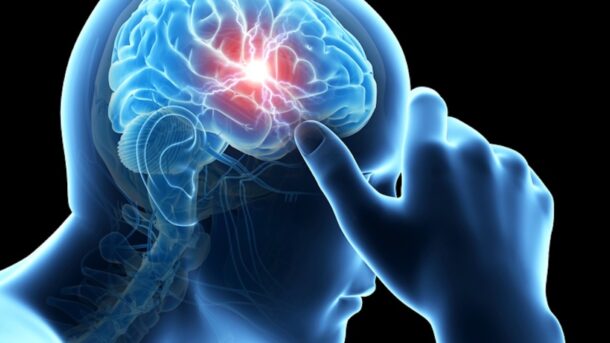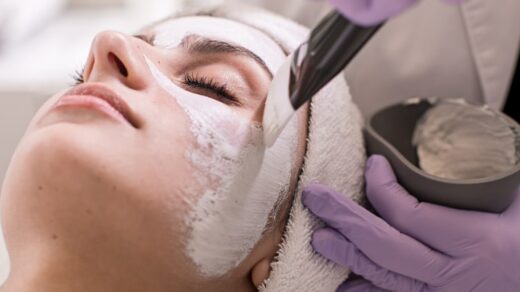
Headaches can affect your quality of life and well-being. Tension headaches, migraines, and cluster headaches are the most severe types. They vary in intensity and location. Some people experience frequent pain, while others experience it rarely. This article provides some practical tips for relief.
Identify Your Trigger Factors
Understand the causes of pain. Triggers vary from person to person. Track symptoms and behaviors to find your triggers.
Keep a Headache Diary
A diary reveals patterns and triggers. Note each headache’s:
- Start time and date
- Duration and severity
- Accompanying symptoms
- Possible triggers: foods eaten, stress levels, sleep quality, weather, medications.
Over time, your diary highlights triggers to avoid or manage.
Common Triggers
- Food/Beverages: Processed foods, caffeine, alcohol, MSG, and nitrates (found in processed meats). Skipping meals or dehydration can also trigger painful symptoms.
- Environment: Hormonal changes (such as before menstruation), bright lights, loud noises, strong odors (perfumes, cigarette smoke), and weather changes.
- Lifestyle: Stress, depression, lack of sleep, and poor posture.
- Medications: Certain medications can cause headaches. If pain starts or worsens after taking a new medication, consult your doctor.
Tips for Relieving Frequent Headaches
Lifestyle changes are key to reducing headache frequency and severity.
- Manage Stress: Chronic stress causes tension headaches. Try deep breathing, meditation, muscle relaxation, or yoga. Make time for hobbies and self-care.
- Prioritize Sleep: Aim for 7-9 hours nightly. Keep a consistent sleep schedule, even on weekends.
- Exercise regularly: 30 minutes of moderate-intensity activity daily (such as walking, swimming, cycling, and yoga) can relieve tension and improve circulation.
- Eat a Balanced Diet: Focus on fruits, vegetables, whole grains, lean protein, and healthy fats. Avoid known food triggers. Stay hydrated.
- Limit Caffeine & Alcohol: Too much caffeine causes rebound headaches. Alcohol, especially red wine, triggers headaches for many.
- Drink Enough Water: Dehydration is a common headache cause. Carry water and sip throughout the day.
Using Over-the-Counter (OTC) Medications
Over-the-counter pain relievers can relieve occasional headaches. Use with caution. Excessive use can cause rebound headaches, which can make the pain worse. Some over-the-counter pain relievers combine caffeine with the pain reliever. Use with caution, as caffeine can also cause rebound headaches. Always follow the package insert and your doctor’s advice.
Which headaches require medical attention?
Consult a doctor if:
- The pain is severe, frequent, or unbearable.
- Accompanied by vision changes, numbness, or tingling.
- Lifestyle changes and over-the-counter medications are ineffective.
- The pain worsens or changes in pattern.
- The headache begins a new, severe headache, especially after a head injury or after confusion, speech problems, or loss of consciousness.
A doctor can diagnose underlying issues, prescribe stronger medication, or refer you to a specialist.
Conclusion
Headaches are common but manageable. Identifying triggers, making healthy lifestyle changes, and using over-the-counter medications appropriately can reduce headache frequency and improve quality of life. Finding the best treatment can take time, as there are many different treatment options. If the pain is severe, always see a doctor.



